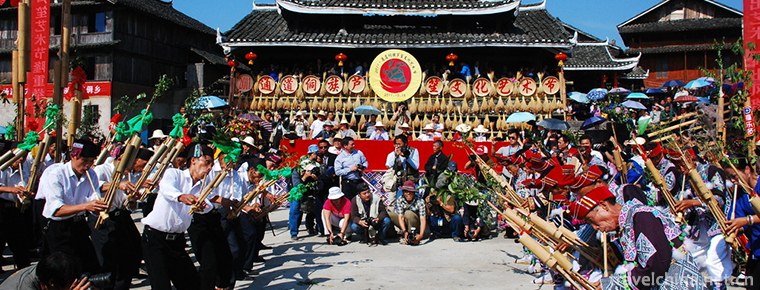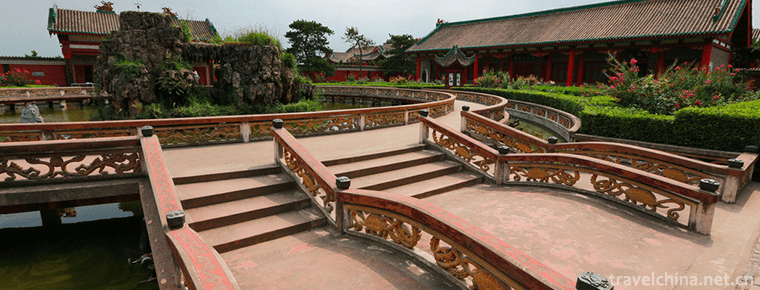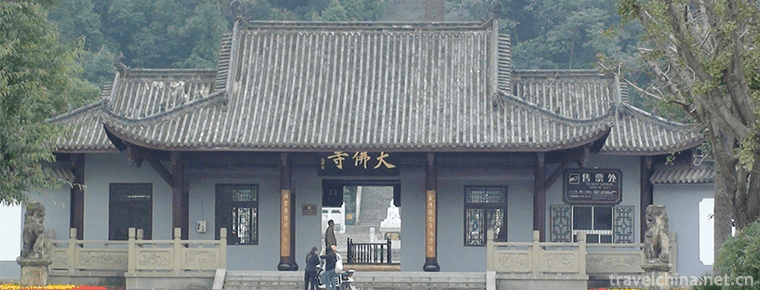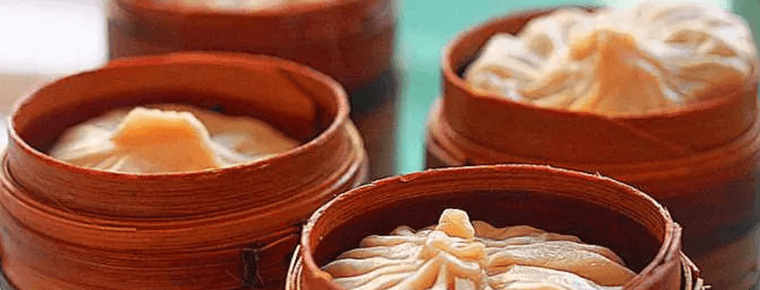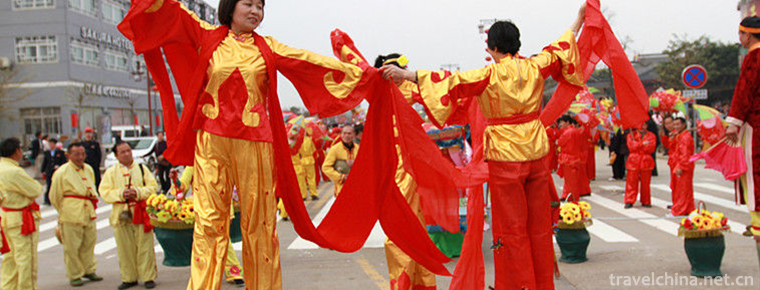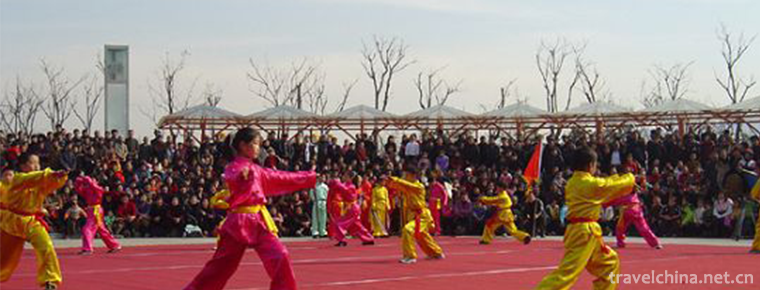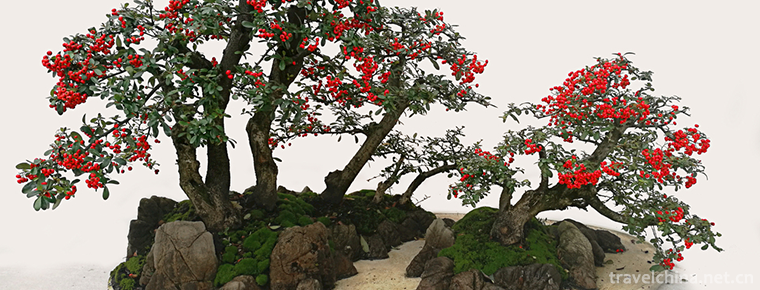Qinghai Lower String
Qinghai Lower String
Qinghai Xixian, which originated in the late Qing Dynasty, is one of the traditional folk arts native to Qinghai. It is a sitting and singing art, singing alone or in pairs.
Qinghai Lower String is accompanied by a unique method of chord fixing. The accompaniment instruments are three strings and banhu. Their performances are free in form and often performed locally.
On June 7, 2008, the declaration of "Qinghai Xiaxian" by Qinghai Province was approved by the State Council and listed in the second batch of national intangible cultural heritage list.
historical origin
Qinghai Lower String is accompanied by a unique method of chord fixing. The accompaniment instruments are three strings and banhu. Their performances are free in form and often performed locally. The main tune is "lower chord tune". It is well-structured and suitable for narrative lyricism. The singer can change the number of words accordingly, which is full of deep and touching artistic charm. Other tunes include "imitation of lower chord tune", "soft lower chord tune", "lower back work" and so on. Representatives of the repertoire are "Lin Chong Buy Knife", "Flowering in December", "Biography of the Wild Goose" and so on.
Inheritance significance
Qinghai Xixian is of great academic value to the study of the development of traditional opera and music in Hehuang area.
Inheritance status
Nowadays, there are fewer inheritors (artists are proud to be able to sing the chord), and few can sing independently. There are fewer than five people in existence, so they need to be rescued and protected urgently.
Inheritor: Liu Yanbiao, Inheritor of Qinghai Xixian
Research books
Qinghai Xixian
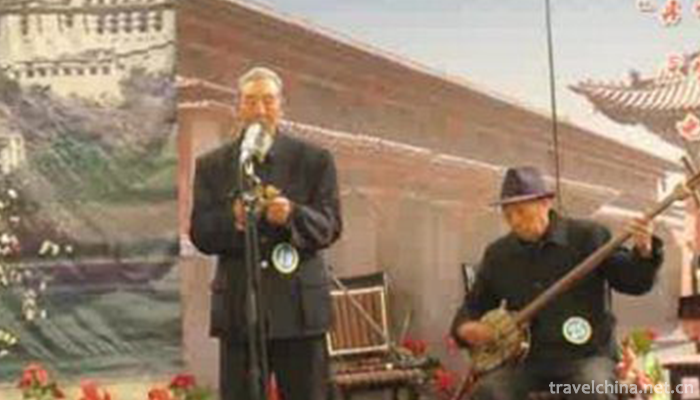
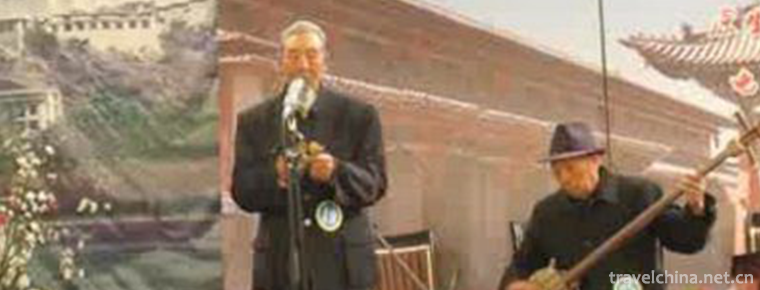
Qinghai Lower String
-
Tourist Area of Wu Taihu Lake in Suzhou
Wuzhong Taihu Lake Tourist Area in Suzhou is located in the southwest corner of the paradise of Taihu Lake, covering an area of 21.5 square kilometers.
Views: 236 Time 2018-12-06 -
Ancient songs of Miao Nationality
Miao Ancient Songs, local traditional folk literature in Taijiang County and Huangping County of Guizhou Province, is one of the national intangible cultural heritage.
Views: 276 Time 2018-12-15 -
White Swan Hotel Guangzhou
The White Swan Hotel is located in Baigetan, Shamian, Guangzhou. It was built by Mr. Huo Yingdong and the Guangdong Provincial Government. It opened in 1983 and is the first five-star hotel in China t
Views: 235 Time 2018-12-16 -
Maoling Museum
Maoling Museum is located on the Wuling Platform between Xianyang and Xingping in Shaanxi Province, about 40 kilometers away from Xi'an. It is a Museum of Dynastic History of the Western Han Dynasty
Views: 195 Time 2019-02-07 -
Eyes of Tianjin
Tianjin Eye, full name Tianjin Yongle Bridge Tientsin Eye, crossing the Haihe River connecting Hebei and Hongqiao District, is a cross-river construction, bridge wheel in one Ferris wheel, both touris
Views: 141 Time 2019-02-21 -
Big Buddha Cultural Tourist Area in Zigong Rong County
The Dafo Cultural Tourist Area of Zigong Rong County was opened to the outside world in 1982. It covers an area of 32,470 square meters and has a building area of 3,403 square meters. There are a wide
Views: 217 Time 2019-03-22 -
tea and pastries making skills
Tea making skills, Yangzhou City, Jiangsu Province, local traditional handicraft, one of the national intangible cultural heritage.
Views: 180 Time 2019-04-15 -
Stilts
Stilts, also known as "Stilts Yangko", is a folk dance widely spread throughout the country. It is named for its many feet on stilts when dancing. Stilts have a long history, originating fro
Views: 101 Time 2019-04-30 -
Meishan Wushu
Meishan Wushu is a traditional school of Wushu which is spread in Hunan Province. Xinhua is an ancient and magical land. It has not only nurtured many historical celebrities, but also cultivated Meish
Views: 132 Time 2019-06-03 -
The technical skill of penjing
Bonsai art refers to the Soviet bonsai art, which originated in the Tang Dynasty, flourished in the Ming Dynasty, matured in the Qing Dynasty, and developed in modern times. Since the 1980s, Suzhou Bo
Views: 254 Time 2019-06-09 -
Aba Teachers University
Aba Teachers College, formerly Aba Teachers College, is a full-time general college approved by the State Council in December 1978. In 1993, it was renamed Aba Teachers College. The school was origina
Views: 264 Time 2019-08-31 -
Technical requirements of Chinese embroidery
The technical requirements of embroidery are: smooth, even, flat, even and clean. Smooth refers to straight straight straight line and smooth curve; neat refers to neat pointer trace and no uneven edge; flat refers to accurate gesture, plain
Views: 334 Time 2020-12-12

